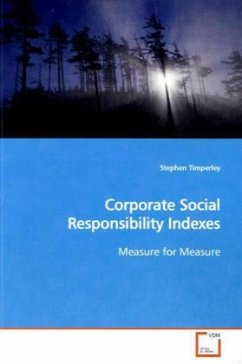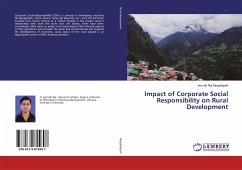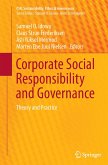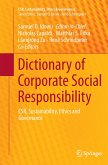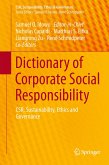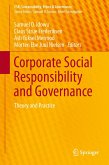Around 10% of all investments in the United States,
representing 2.3 trillion dollars, are invested in
ethical or screened funds that rely on rating
agencies assessments to determine CSR performance of
firms.
This thesis investigates criteria used by research
agencies that publish ratings of business
organisations in respect of their corporate social
responsibility (CSR) performance and the
relationship of these criteria to underlying ethical
principles. The large variation in results both
within and between agencies suggests that very
significant financial decisions are based, at least
in part, on inconsistent data. I suggest in my
conclusion that if agencies were to consider,
justify and clearly state the ethical basis from
which their criteria derive, then investment
managers and their clients could be more certain
that their CSR principles were being upheld.
representing 2.3 trillion dollars, are invested in
ethical or screened funds that rely on rating
agencies assessments to determine CSR performance of
firms.
This thesis investigates criteria used by research
agencies that publish ratings of business
organisations in respect of their corporate social
responsibility (CSR) performance and the
relationship of these criteria to underlying ethical
principles. The large variation in results both
within and between agencies suggests that very
significant financial decisions are based, at least
in part, on inconsistent data. I suggest in my
conclusion that if agencies were to consider,
justify and clearly state the ethical basis from
which their criteria derive, then investment
managers and their clients could be more certain
that their CSR principles were being upheld.

